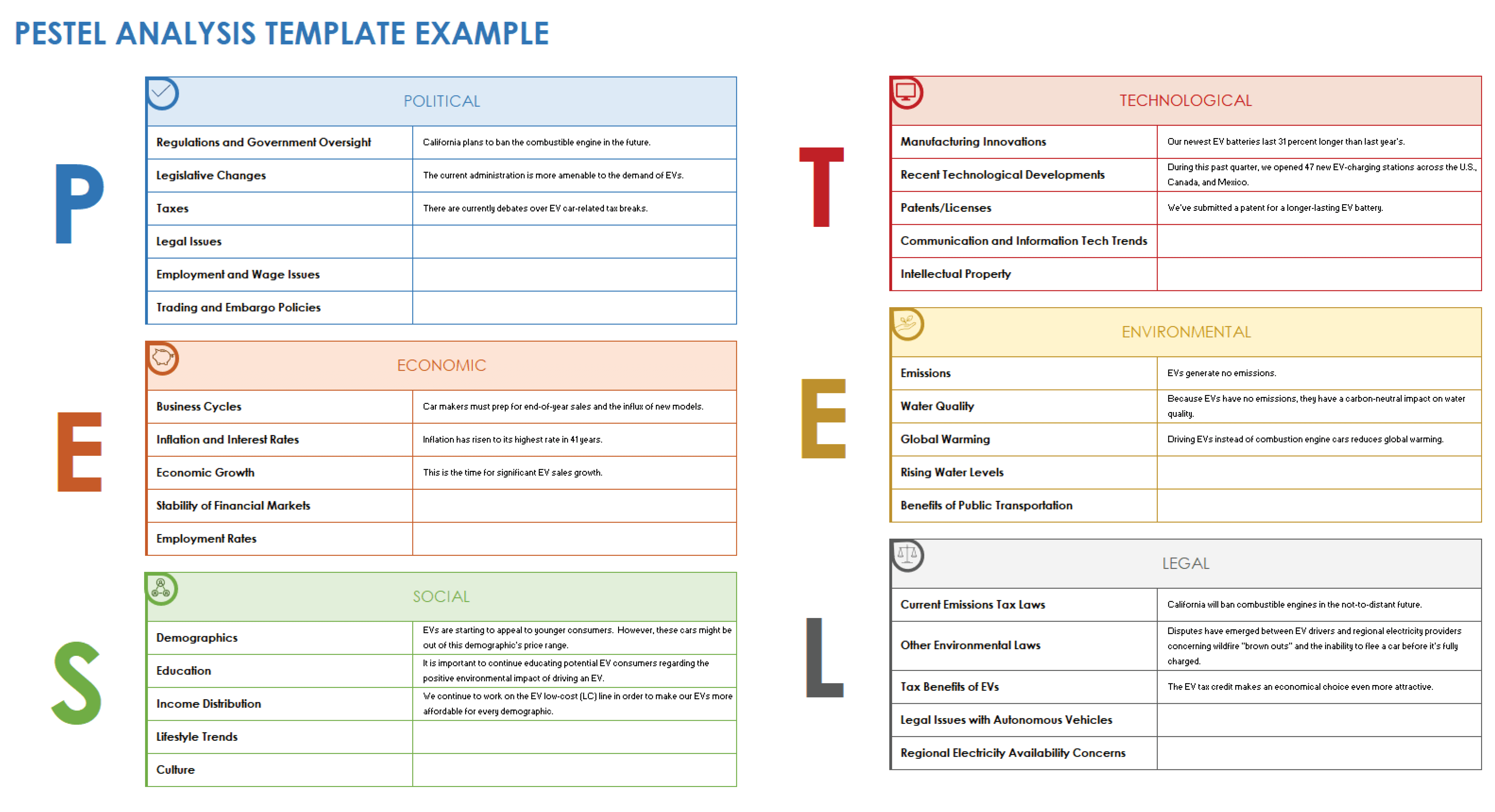OpenAI PESTLE Analysis: Studying ChatGPT's Big Innovator
Our OpenAI PESTLE Analysis investigates how various external factors impact the operations of the leading Artificial Intelligence platform. Artificial intelligence can help you with routine tasks at work and at home. It can help you allocate your time more efficiently. This article is a must-read if you are unaware of how AI can help you with your tasks! This article will examine one of the most famous AI research laboratories, OpenAI. OpenAI is a platform that offers several AI tools that people use to increase their work quality and efficiency. As awareness regarding AI has increased over the years, more customers have been attracted to OpenAI.
The History and Significance of OpenAI
OpenAI is an AI research laboratory consisting of researchers and engineers who work on advancing the field of AI safely and beneficially. The organization was founded in December 2015 by a group of technology luminaries, including Tesla and SpaceX CEO Elon Musk, venture capitalist Sam Altman, and other prominent figures in the tech industry. The founders of OpenAI initially saw the potential for AI to transform the world in numerous positive ways. However, they also knew the potential dangers of rapidly advancing AI technology. The organization was created to promote and develop AI that benefits humanity while avoiding the negative externalities that could arise from unchecked AI development.

In its early days, OpenAI focused on developing advanced AI algorithms and technologies, including natural language processing and machine learning. One of its most notable achievements was the development of GPT-2, a language model capable of generating highly realistic and coherent text. However, due to concerns about the potential misuse of such technology, OpenAI initially chose to withhold the release of GPT-2's full capabilities. Over time, OpenAI has continued to expand its research efforts, tackling a wide range of AI-related problems and exploring new and innovative approaches to AI development.
In addition to its research efforts, the organization has also worked to promote public awareness and understanding of AI, hosting conferences and educational events designed to help people understand the potential benefits and risks associated with the technology. Today, OpenAI continues to be a major force in the AI research community, pushing the boundaries of what is possible with AI while remaining focused on creating a positive impact on society. Its research has led to numerous breakthroughs in AI technology, and its contributions have helped shape the field's future.
What is PESTLE Analysis?
PESTLE analysis is a tool businesses use to analyze how external factors such as Political, Economic, Technological, Legal, Environmental, and Social factors impact the operations of a business. Political factors affecting OpenAI include government policies, international relations, and government funding and support. Changes in government policies related to AI can significantly impact OpenAI's operations, and the organization must stay up-to-date on any developments in this area. International relations and collaborations also play a crucial role in OpenAI's ability to work with researchers worldwide. The organization heavily relies on government and private funding to support its research activities, making government funding priorities and economic conditions essential considerations for OpenAI.
Technological Factors Affecting OpenAI
Technological factors impact OpenAI through the availability of computing power and data. Advances in technology have made computing power more accessible and affordable for AI research and development. Cloud computing providers like Amazon Web Services and Microsoft Azure provide the necessary computing power for OpenAI's activities. OpenAI leverages technological advancements in machine learning algorithms and natural language processing to create innovative AI applications.

Data privacy laws and intellectual property laws are essential legal factors that impact OpenAI's operations. OpenAI needs to protect its intellectual property through patents and trademarks and comply with data privacy regulations to ensure the responsible use of AI algorithms. Adherence to legal factors is crucial for OpenAI to operate ethically and legally.










